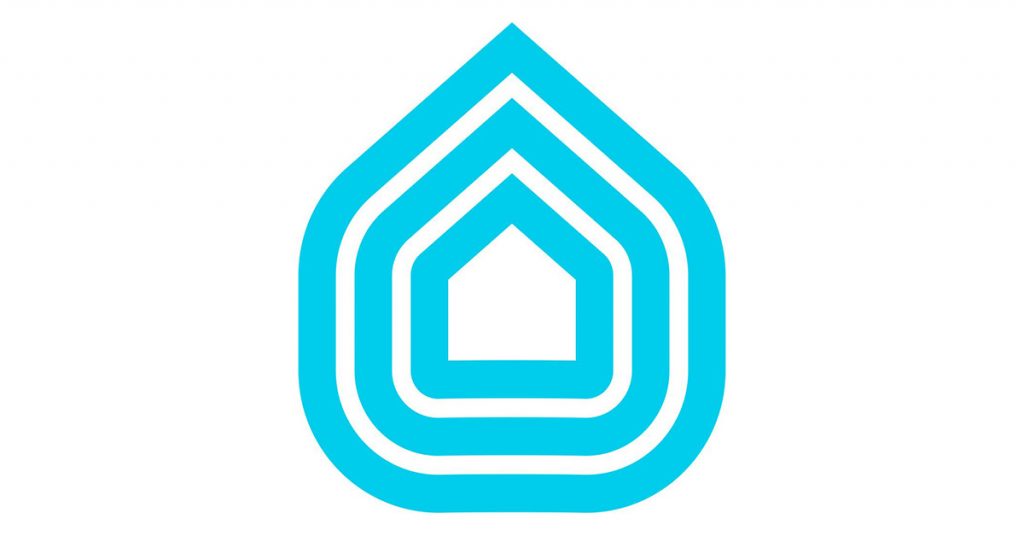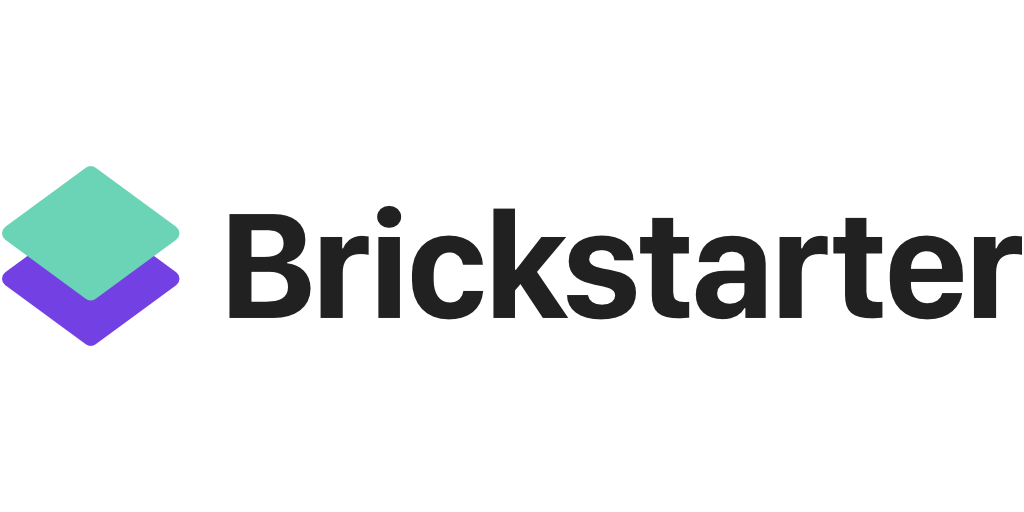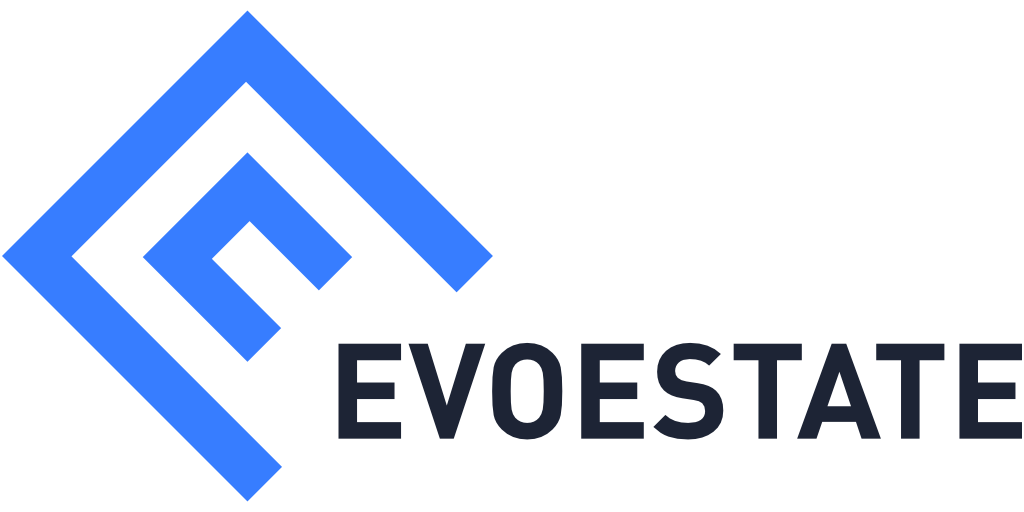Crowdfunding platforms
Do you want to invest via crowdfunding? In Europe, it is increasingly popular. There are many different crowdfunding sites, from donation crowdfunding to equity crowdfunding platforms, real estate crowdfunding and crowdlending. Here’s how to choose the platform that fits your investing needs.
Through crowdfunding, individuals or businesses can raise funds from a crowd of online investors. Crowdfunding is increasingly popular in Europe. To illustrate, between 2015 and 2018 the European alternative finance market tripled. This is in part thanks to new pan-European regulations, streamlining crowdfunding across the continent.
Please note: investing on a crowdfunding platform involves risks, you can (partially) lose your investment.
Crowdfunding platforms in Europe
There are many different platforms to choose from. Below, you will find a selection of the most popular crowdfunding sites active in Europe.
EstateGuru is a real estate investment platform from Estonia that was founded in 2014. You can invest in short-term real estate loans across Europe. Investors can fund projects starting from 50 euros.
The English startup investment platform Seedrs is a platform for equity crowdfunding-campaigns all over Europe. It has many campaigns for startups all over the European Union, including some well known scaleups. It also has a monthly Secondary Market included.
Brickstarter was founded in 2017 and specializes in vacation rental properties. You can invest on the platform with a minimum amount of 50 euros. With funds from different investors the platform renovates and manages property, eventually renting and reselling it for profits.
Types of crowdfunding sites
The platforms listed above are often recommended, because of their long track record or large market share. However, choosing a fundraising platform also depends on the type of fundraising campaigns, geographical area and investment style you are looking for.

You can pick a platform based on the type of crowdfunding campaign. For example: do you want to invest in real estate, private and business loans or perhaps early stage startups that are raising money? The type of campaign impacts your type of returns. You can receive loan repayments and annual interest, or a future share in a company.
How to choose a crowdfunding site
What type of investment do you want to make? To fund small businesses, you can invest via an equity crowdfunding platform. Another option is donation-based crowdfunding meant for upcoming services and products. Some platforms focus exclusively on sustainable and social projects, or even certain industries, such as the energy or hospitality sector.
‘Peer-to-peer lending is very popular in Eastern Europe.’
Also look at the geographical area platforms operate in. Peer-to-peer lending is hugely popular in Eastern Europe, for example, while real estate funding is more prevalent in France, Italy and the Netherlands, among others.
How do crowdfunding sites work?
Crowdfunding websites bring individual investors together to invest in all types of projects, such as business ventures and real estate. This creates the opportunity to raise money from a large group of people, adding up to hundreds or even millions of euros.

To fund individuals or businesses who want to raise money, investors will need to register on the provider’s website. After that, you can choose from many fundraising projects. Fundraising campaign pages will show the project details, financial information as well as the target amount, money raised and project duration. On most platforms, you can start investing with small amounts such as 10, 50 or 100 euros.
You can start investing with small amounts.
Crowdfunding platforms have their own due diligence practices that are also regulated by the European Union (EU). This way, entrepreneurs and investors are not unpleasantly surprised. Loan applicants, for example, need to provide detailed information on their (historical) financial situation.
Fees of crowdfunding websites
Another way to choose your crowdfunding platform is to compare the fees that crowdfunding sites charge. This is important, as platform fees directly impact your returns. Loan applicants are charged a percentage of the amount raised as well as payment processing fees.
For investors, the fees are generally low.
The fees are often low for investors, partly because the administration costs of raising funds this way are typically lower than one of a traditional business loan. As mentioned previously, most platforms will ask for a minimum investment amount between 10 and 100 euros, for example. In some cases there is a processing fee when investing in a project too.
Pros of using a crowdfunding platform
Investing platforms have some advantages compared to traditional investing. Firstly, investing is made accessible and easy via, for example, real estate and p2p lending websites. You can create an account in minutes and start investing immediately. Because of this, the administration costs are also low.

In addition, you can choose between many types of projects and choose what fits your investor needs best. Crowdfunding is a good fit for investors who want to be actively involved. Additionally, the platform makes due diligence easy by providing all the information you need on the project page.
Investing is made easy and accessible through crowdfunding platforms.
Lastly, you can see how many other investors are on board before you fund a business. This is valuable information and can help make your decision.
Risks of crowdfunding
Of course crowdfunding does not come without certain risks, just like any other investment. For example, there is always the possibility that a small business can not pay back the loan fully. Or that a campaign does not reach the fundraising goal.
First of all, crowdfunding platforms are obligated by the European Union to perform their due diligence. Service providers need to assess business plans and financial information before a business can even start to raise money. Projects are also assigned a risk label based on this inquiry, so you can choose accordingly.

Additionally, there are certain safety nets in place. For instance, if a project does not reach the funding target, you will get your money back. When a business fails to pay back the loan, some platforms also offer a buyback guarantee. Guarantees and liabilities will differ per website, so look into this when you choose an investing platform.




